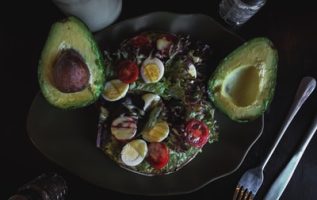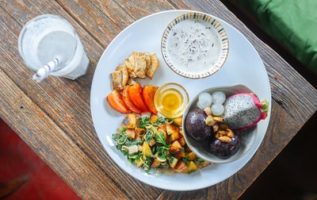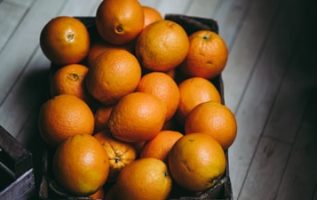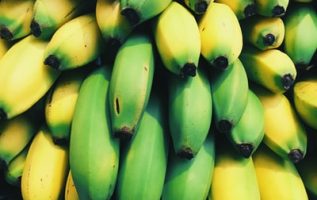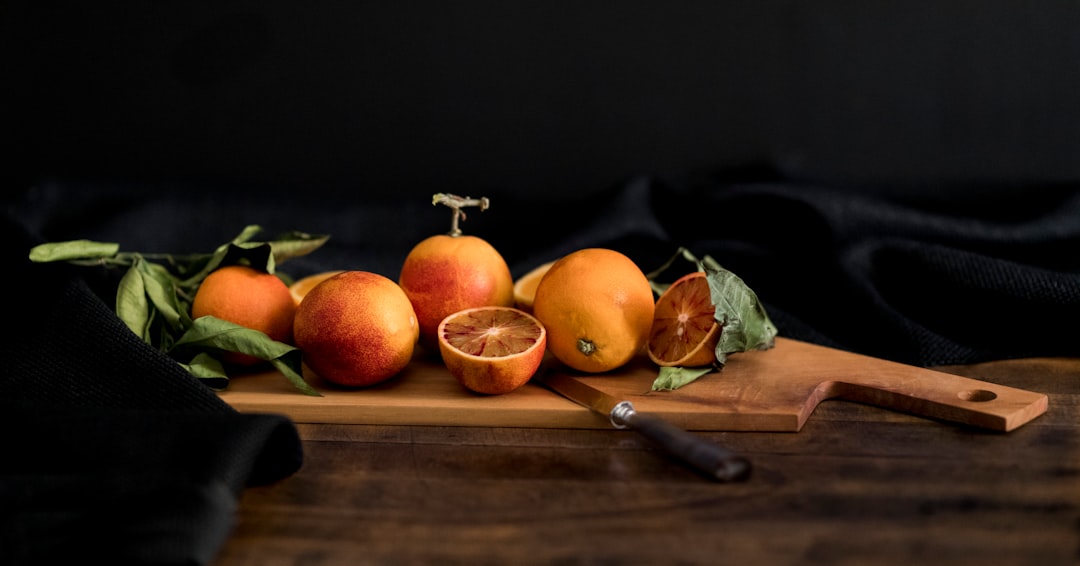
I could write several pages about processed and unprocessed sugars, natural and unnatural sweeteners. But what I’d like to talk to you about instead is how a natural, seemingly healthy product, is actually fattening.
You could go as far as to say, with the exception of Xango juice, most of these so called healthy juices have zero value for your waistline! So let me be a little more specific.
First, let’s talk about thefruit juicethat many call a “healthy fruit juice”. The product that inspired this title is actually not a “healthy fruit juice”, in that it does contain some sugar. What is however, is that it contains an unnatural kind of sugar known as High Fructose Corn Syrup.
While the commercial countries like Japan and Korea have outlawed the use of High Fructose Corn Syrup in food production, in the United States, this basically remains a legal ingredient.
The majority of the commercial juices that you buy are processed juices, using the remaining juice from your oranges, grapes etc to add “good taste” to the concoction. But what you don’t realize is that taking the pulp and leaving out only the solvent, you get a product that is much lower in nutritional value, but high in calories.
As a matter of fact, a shot of orange juice from your local grocery store can contain about 20 grams of fructose, which is the same amount of sugar in a glass of soda. Now an 8-ounce glass of grape juice contains only about 10 grams of sugar.
So where does a similar amount of fructose come from?
It’s found in processed and ready made orange juice beverages. Now I know what you’re thinking, “My doctor wouldn’t believe me if I told him I drank four glasses of water for a healthy lifestyle.” Vitamin drinks and fruit juice beverages? Not so much.
About 10% of the fructose is from fruit, and the other 90% comes from processed sugars like high fructose corn syrup. Yes, fructose is important to you, but you don’t want to put it in your body.
In fact, studies have shown that fructose actually stimulates your body to store fat. There was a report done that showed people who drank a lot of fructose were actually worse in losing weight than people who didn’t.
To put this in context, another study found that people who drank a lot of carbonated beverages were 20 percent more likely to become obese than people who didn’t drink soda.
The bottom line is that, when it comes to any beverage, the less processed it is, the better it is for you. Water is the best, and it’s free. You won’t go wrong with that. However, if you insist on getting the fructose taste from some type of sweetener, at least read the label to be sure it’s healthy for you.
If you must have the fructose taste, as I must, I’ll drink a couple of containers of Ensure in a day. You need to be careful not to drink anything with HFCS in it more than three or four times. Let’s say you need to sweeten your coffee three or four times a day, you would use about three or four packets of sweetener. Prepare to be diseased!
Then you would turn around and give your body a nice dose of its own medicine, gaining back all the good things that fructose gives you. Now, I’m sure there are people reading this who are saying, “Well I drink about one 10oz glass of wine daily, and I’ve been fine!”
About that, you would be wrong!
What’s worse, you might not be getting the fructose from whole fruits. Fruits are almost always sweetened with fructose, whether is it the natural sugar fructose or the synthetic one, the fructose is the sweetener used.
So, if you were to go buy a bottle of wine, you would be getting fructose, not wine grape juice. You might be using the synthetic one which is much sweeter and cheaper to use.
When you take fructose, it doesn’t trigger the part of your brain that tells you when to stop eating. It doesn’t stop the part of your brain that says, “I’m full, go ahead and stop eating”.
What it does do is trigger the part of your brain that says, “I don’t want any more food”. To stop eating when you’ve had enough is a magical ability, but it doesn’t seem that way when you watch the people on the diet that don’t have the ability to control their appetite.

